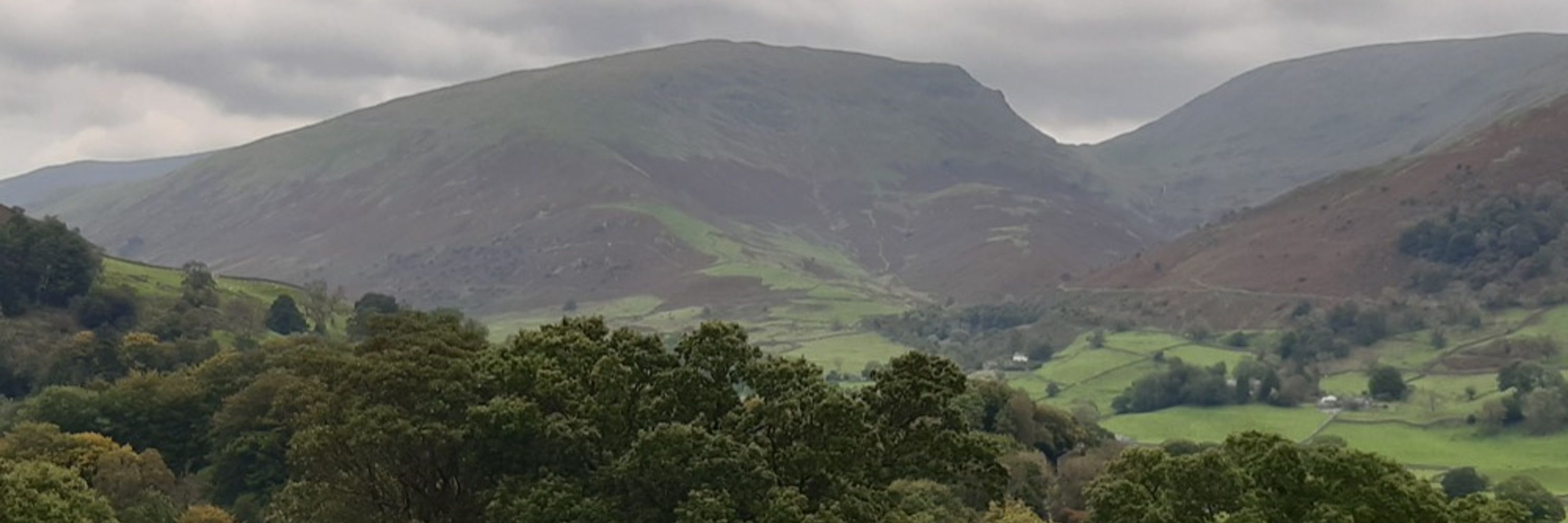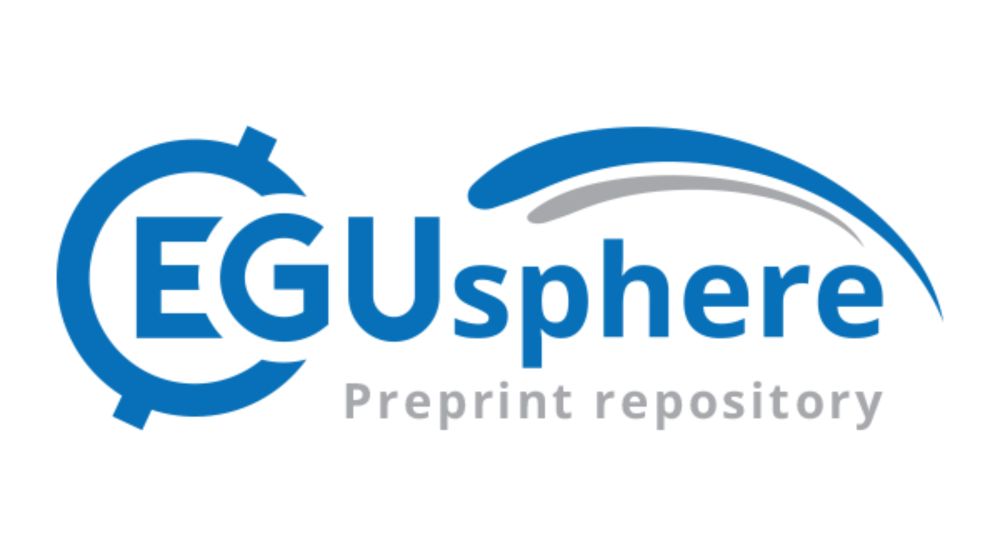
Climate scientist at Vrije Universiteit Brussel & IIASA. IPCC AR7 CLA. Responsive climate projections. The guy behind the fair model and radiative forcing barchart. Occasional runner and guitarist.
github.com/chrisroadmap | cjsmith.eu ..
more
Climate scientist at Vrije Universiteit Brussel & IIASA. IPCC AR7 CLA. Responsive climate projections. The guy behind the fair model and radiative forcing barchart. Occasional runner and guitarist.
github.com/chrisroadmap | cjsmith.eu

FRISIA is designed to couple with IAMs, but can also be run standalone for sea-level rise projections from emissions scenarios.

urldefense.com/v3/__https:/...

Also collected into a nice e-book!
kids.frontiersin.org/collections/...
Science for kids, peer-reviewed by kids
Reposted by Chris Smith



#IPCC #AR7 #ClimateScience #WG1 #ClimateAction
Reposted by Chris Smith
Please share with anyone who works on simple climate models, statistical / ML / hybrid approaches, pattern scaling, emulators, real-world impact studies 🌍
📩 Abstract submissions are open.
🔗 Session info: www.egu26.eu/session/56612

In parallel to experiments run by complex climate models, we evaluate the simple climate models that are used as translations of knowledge from physical science to scenario projections

Preprint: egusphere.copernicus.org/preprints/20...
Reposted by Wim Thiery, Chris Smith

➡️ Submit an abstract to our outreach session (which allows you to submit a second abstract)
#EGU26
meetingorganizer.copernicus.org/EGU26/sessio...

A coupled human-Earth IAM, with integrated climate impacts.
There are 1.5°C no and low overshoot scenarios in AR5, but they are cooler in 2020 than we have observed, suggesting that mitigation would have started in the 2010s.
It would be good to do this consistently harmonized in the same simple climate model



“The difference between decisive climate action today and continued high emissions is not just measured in degrees of warming but also in meters of sea-level rise” 👏👏👏
✅submit a pull request
✅wait 6 months
✅track me down in person and remind me to review it
v2.2.3 now available at the usual places.
pypi.org/project/fair
anaconda.org/conda-forge/fair

We have 11 on our radar from the previous round of RCMIP (egusphere.copernicus.org/preprints/20...), plus a few others we found since.
Anybody we don't know about please ping me or Alex

FR: www.belspo.be/belspo/organ...
NL: www.belspo.be/belspo/organ...
EN: google translate ;)
Our chapter is one hell of a team!
Full author list for all three working groups: apps.ipcc.ch/report/autho...
we know this isn't exhaustive - we focus on the models that participated in RCMIP phases 1 and 2. There will be a phase 3, coming soon.


